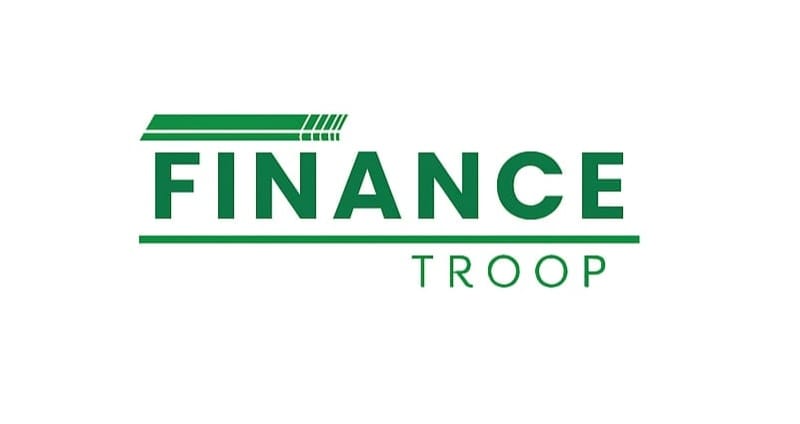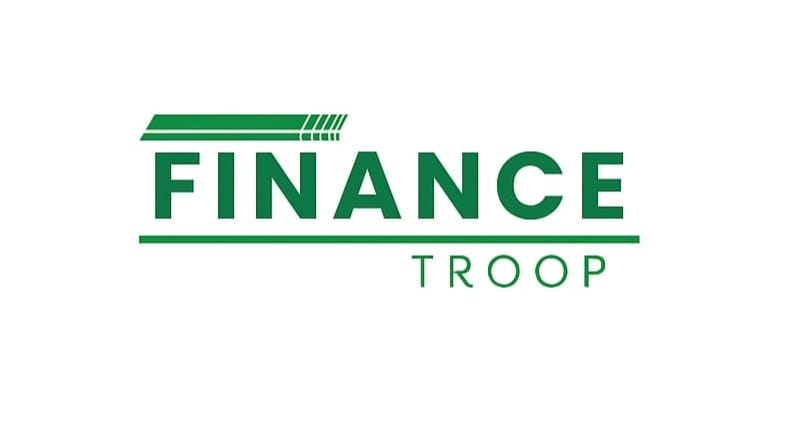Raising a child in today’s world is expensive — and when it comes to higher education, the costs are only going up annually. Whether you’re planning for a medical, engineering, law, or business degree — you could be looking at ₹30 lakh to ₹1 crore+ over the next 10–15 years.
That’s why starting early with a child education plan isn’t optional anymore — it’s essential.
In this guide, we’ll help you understand:
- What a child education plan is
- What features to look for in 2025
- Which Indian policies offer the best structure for your goals
- Tips to plan better for your child’s college years
What Is a Child Education Plan?
A child education plan is a long-term financial product designed to help parents save and invest money for their child’s future academic needs. These plans combine:
- Insurance (to protect the child’s education goals after the parent’s death)
- Investment (for generating returns over 10–20 years)
- Bonus or guaranteed maturity payouts for specific education milestones
They are structured to mature when the child turns 18–22 — typically when college or professional courses begin.
Why You Should Consider a Dedicated Child Education Plan
With inflation in education averaging 10%+ per year, simply saving money in a bank account will not be enough.
Here’s why education-specific plans make sense for parents:
- Automatically disciplined saving until the child reaches college age
- Waiver of future premiums if the parent dies (but plan continues)
- Tax-free maturity under Section 10(10D)
- Goal-based investing removes panic or delay in 11th hour
- Certain plans offer partial withdrawals for school, coaching, or early education gaps
They’re especially helpful for parents who want both protection and return in one structured plan.
Best Child Education Plans in India (2025)
Provider | Plan Name | Policy Type | Key Features | Ideal Tenure |
LIC | LIC New Children's Money Back | Traditional + Bonus | Survival benefits at 18, 20, 22 + maturity at 25 | 20–25 years |
HDFC Life | YoungStar Super Premium | ULIP (Market-Linked) | Waiver of premium + twin benefit investment + life cover | 10–20 years |
SBI Life | Smart Champ | Traditional + Guaranteed | Receives payouts in key education years (18 to 21) | 21 years |
ICICI Pru | SmartKid with Smart Life | Unit Linked + Life | Investment + insurance with policy auto-continue on parent’s death | 10–25 years |
Aditya Birla Sun Life | Vision Star Advantage | Guaranteed Payout | Joint income & education benefit, 5 guaranteed annual payouts | 15–25 year |
Bajaj Allianz | Young Assure | Savings-based | 125%-325% guaranteed sum payout + loyalty additions | 10–25 years |
Key Things to Look For in a Good Education Plan
When buying a child education plan in 2025, focus on these essential features:
1. Premium Waiver Benefit
If the parent dies during the policy term, the insurance company continues paying remaining premiums — while also giving the full maturity amount to the child. This prevents interruption to the child’s funds.
2. Age Flexibility
Choose a plan that aligns with your child’s current age. Plans taken when the child is under 5 allow longer compounding. Tenures available typically range from 10–25 years.
3. Partial Withdrawals or Milestone Payouts
Some policies release money in parts — e.g., when your child enters class 11, class 12, or starts college. Structures like these aid in better planning over 3–5 years.
4. Investment or Guaranteed?
If you’re comfortable with long-term investing and higher returns (but some volatility), ULIP-based education plans are great.
If you want steady but low-risk growth, choose traditional plans with bonuses or guaranteed returns.
5. Tax Benefits
Premiums paid qualify for deduction under Section 80C. Maturity benefits are generally tax-free under 10(10D), subject to conditions.
How Much Should You Invest?
It depends on these factors:
- Current age of the child (younger = longer time to save)
- Estimated cost of education in 10–20 years
- Your earning capacity and budget
Here’s a quick estimate:
If your child is 5 now and you’re targeting ₹25 lakh for their college education at 18:
- You will need to invest around ₹6,000–₹8,000/month (in ULIP plans)
- Or ₹9,000+/month in guaranteed traditional plans (due to lower returns)
Start early. Even small monthly investments grow meaningfully over time through compounding and bonuses.
Required Documents for Buying a Child Plan
When purchasing a child education plan, you’ll typically need:
For Parent (Policyholder):
- PAN, Aadhaar, passport-size photo
- Income proof (salary slips, ITR) for higher sum assured plans
- Existing health records if asked (for life cover under the plan)
For Child (Beneficiary):
- Birth certificate
- Aadhaar (if available)
- Relationship proof may be required depending on the insurer
Things to Avoid While Buying a Plan
- Don’t choose a shorter maturity period if your child is under 5 — longer is better
- Avoid policies without premium waiver rider — it’s a critical protection
- If returns matter most, avoid guaranteed return plans — ULIPs give better long-term growth
- Always compare policy charges, benefit structures, and claim history of insurer
- Don’t buy purely for tax-saving, or you may pick a policy that doesn’t serve your needs
Final Thoughts
Choosing the right child education plan is about striking the right balance between protection and returns. In 2025, parents in India have access to a wide range of structured insurance-cum-investment plans that are built specifically to secure academic goals.
Remember:
- Start early
- Choose the right payout pattern (lump sum or milestones)
- Customize tenure as per your child’s age
- Ensure waiver benefits are included
- Compare policies before buying
With the right plan, you’re not just investing money — you’re investing in your child’s dreams.
Click Here : Best Term Insurance Plans in India (2025) – Compare ₹1 Crore Plans, Premiums & Claim Ratios
Frequently Asked Questions :
1. What is the best child education plan in India for 2025?
Answer: In 2025, the best child education plans in India are:
LIC Jeevan Tarun: For guaranteed, safe returns
Sukanya Samriddhi Yojana: For girl child savings with 8.2% interest
SIPs in Mutual Funds: For long-term wealth creation with 12–15% potential return
ULIPs like HDFC YoungStar Udaan: For insurance + investment combo
PPF: Safe tax-free income with moderate returns (7.1%)
The “best” plan depends on your risk appetite, child’s age, and financial goals. A mix of guaranteed + market-linked options is often most effective.
2. How much should I invest monthly for my child’s future education?
Answer:
It depends on your child’s current age and your target goal (college, MBA, etc). But here’s a general idea:
Child Age | Future Goal | Suggested Monthly SIP |
3 - 5 year | ₹40 Lakh | ₹5,000 - ₹7,000/month |
6 - 10 year | ₹25 Lakh | ₹9,000 - ₹11,000/month |
12+ year | ₹15 Lakh | ₹15,000+/month |
Tip: Start early and calculate inflation-adjusted future cost (at 8–10% inflation rate) using goal-planning tools or a financial calculator.
3. Which is better: LIC child plan or mutual funds?
Answer:
LIC Child Plans like Jeevan Tarun offer guaranteed returns (~6.8%), insurance cover, and government-backed security — good for conservative investors.
Mutual Funds (via SIPs like HDFC Children’s Gift Fund) offer market-linked returns (~12–15% over 10 years). Ideal for long-term, higher growth and beating inflation.
Verdict: Combine both for balance:
- Use LIC/SSY for safe, fixed goals
- Use SIPs for funding bigger dreams (MBA, foreign studies)
4. Is Sukanya Samriddhi Yojana better than PPF for girl child education?
Answer:
Yes, Sukanya Samriddhi Yojana (SSY) currently offers higher returns (8.2%) than PPF (7.1% for 2025 Q1). It’s specifically designed for girl children, offering:
- Tax-free maturity under the EEE rule
- 21-year lock-in or maturity on marriage
- Minimum deposit: ₹250/year; Max: ₹1.5 lakh/year
For girl child-specific goals like education & marriage, SSY beats PPF due to higher interest and exclusive focus.
5. Can I invest in multiple child education plans together?
Answer:
Yes, and it is actually recommended. Here’s how Indian parents typically mix plans:
- SSY or PPF — risk-free base savings
- SIP in Mutual Funds — long-term growth
- LIC Jeevan Tarun / ULIP — insurance + goal protection
- All offer Section 80C deductions up to ₹1.5 lakh/year
Mixing safe and growth-oriented plans helps secure your child’s future while benefiting from diversification and tax savings.




